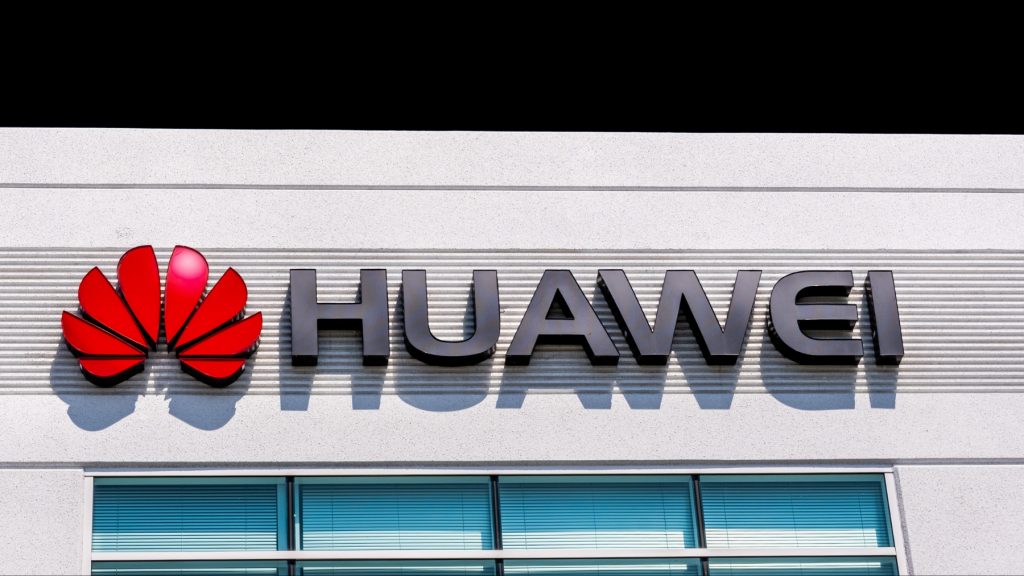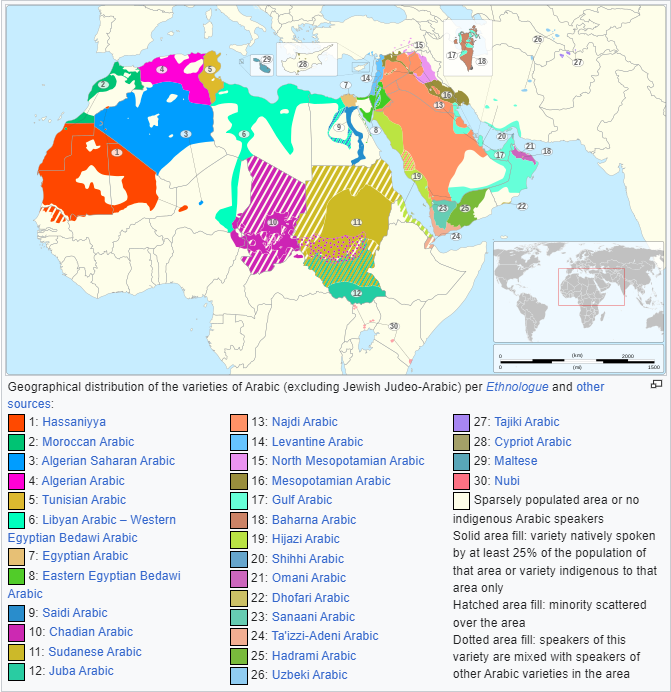
At its Cloud Summit in Cairo, Egypt, Huawei introduced an Arabic AI and launched the country’s first public cloud service.
- The Arabic AI is deeply tailored to the Arabic-speaking world, including cultural nuances and regional knowledge.
- Huawei’s new data center in Cairo offers public cloud services to Egypt and 28 African countries.
Huawei is bringing an Arabic AI and launching Egypt’s first public cloud service, pushing it to spread its wings on the global stage.
During Huawei’s Cloud Summit in Cairo, the Chinese telecom giant announced its commitment to meeting the growing demand for generative AI in the Middle East and North Africa (MENA) region.
The new Arabic Large Language Model (LLM) is built on Huawei’s own Pangu technology. Pangu’s developers trained the AI models on massive amounts of text data. This allowed it to generate text, translate languages, write different kinds of creative content, and answer your questions in an informative way.
The team further trained the Arabic AI with local data, so it deeply understands the Arabic-speaking world. AI would then understand the culture, history, and regional knowledge, including those of Egypt.
If that wasn’t impressive enough, the model has an accuracy rate of 96% in automatic speech recognition, making it a robust tool for over 20 Arabic-speaking countries. If you are unfamiliar with Arabic in the MENA region, not all the countries speak the same dialect. There are approximately 30 different varieties of the Arabic language globally. Here’s a map visualizing their distribution.

Arabs speaking different dialects have difficulties understanding one another. So, to have an AI be able to do that, is impressive, to say the least.
This model is also a jack of all trades as it supports several industries, such as banking, education, digital power, oil and gas, and finance. Talking about the AI during the summit in Egypt, William Dong, president of Huawei Cloud’s marketing, said it “can enable enterprises to build their own AI models catering to different local languages in the Arabic-speaking world.”
However, Huawei had more than an AI to offer Egypt and the rest of the MENA region. The tech company introduced its new data center in Cairo, making it the first company to offer public cloud services in Egypt. This facility will serve 28 African countries, including Ethiopia and Algeria. Not only will this expand Huawei’s presence across the region, it will also boost Egypt as it takes the global technology stage. “With the Cairo Region, we are bringing our most innovative technologies to the country to further support Egypt to unlock the potential of digital transformation,” expressed Jacqueline Shi, president of global marketing and sales services at Huawei Cloud. Huawei plans to invest $300 million in Egypt over the next five years to establish its public cloud services. $200 million will go to support 200 local software partners.
This is good news for Huawei, as it expands in the region in the face of the U.S. sanctions, and Egypt, as it grows its AI and cloud sector. However, the ones to reap the most benefits here are the specialized workers in the region. The labor market there presents significant challenges. According to a 2022 World Bank report, Employment in MENA countries grew 1% per year on average within private sector firms, compared to the 5% average among middle-income countries.
Oftentimes, the labor force has to leave their homeland and immigrate, seeking employment in their specialized fields. But with such projects underway in the region, maybe we’ll be able to harvest all that we’ve poured into the youth of tomorrow.
Inside Telecom provides you with an extensive list of content covering all aspects of the tech industry. Keep an eye on our Intelligent Tech sections to stay informed and up-to-date with our daily articles.